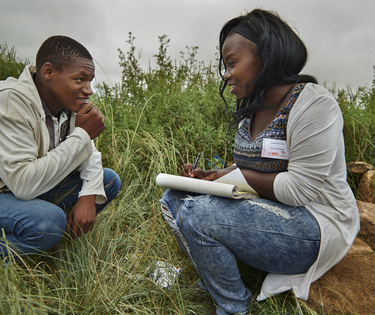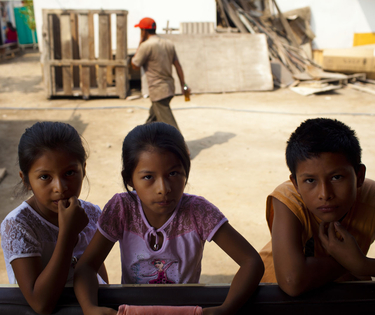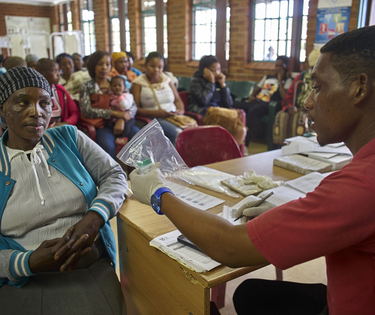It is crucial to the overall goal of ending the TB epidemic to empower TB-affected communities by promoting their rights to health, non-discrimination, privacy, freedom of movement, and enjoyment of the benefits of scientific progress. The world has a collective responsibility to engage with TB affected communities, to provide them with a cure, and to empower them to be both leaders and equal partners in a people-centered global response against the disease. Reaching them is critical to fulfilling the promise of the SDGs, which is to leave no one behind.
Acknowledging their unique role in having lived experience of TB can help to inform the removal of social, political, legal, gender, economic or cultural barriers to access; extend support for people with TB – including through peer support networks; increase the quality of information; and ensure that TB care is provided in safe environments free from stigma and discrimination, where privacy is upheld.
By strengthening community systems and responses at national, regional and global levels we can ensure that TB programs are people-centered on human rights and gender-sensitive interventions, while increasing the access of key underserved and vulnerable populations to quality TB services.




